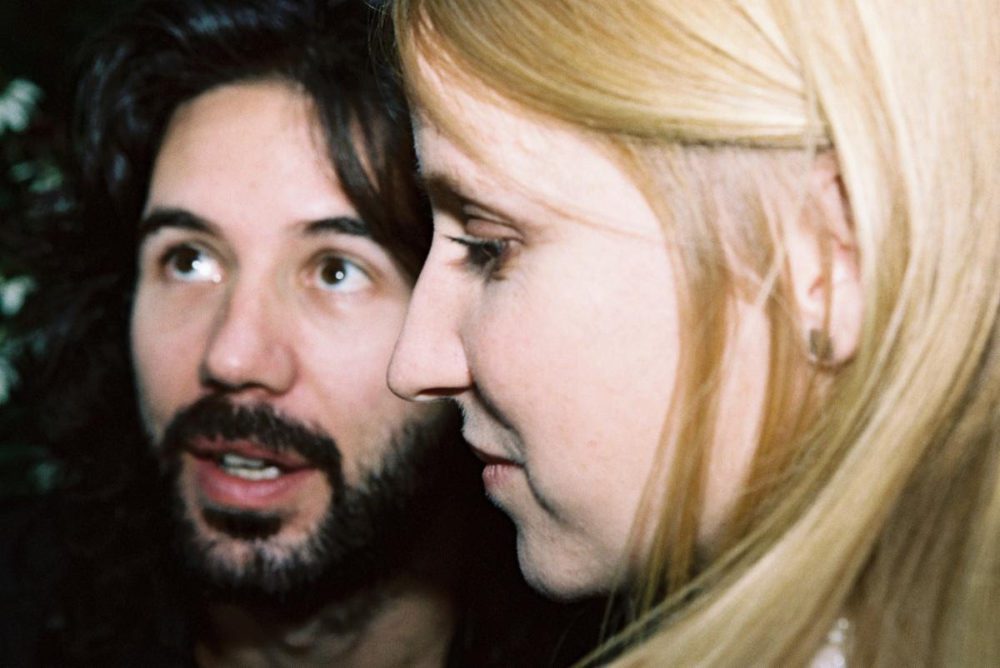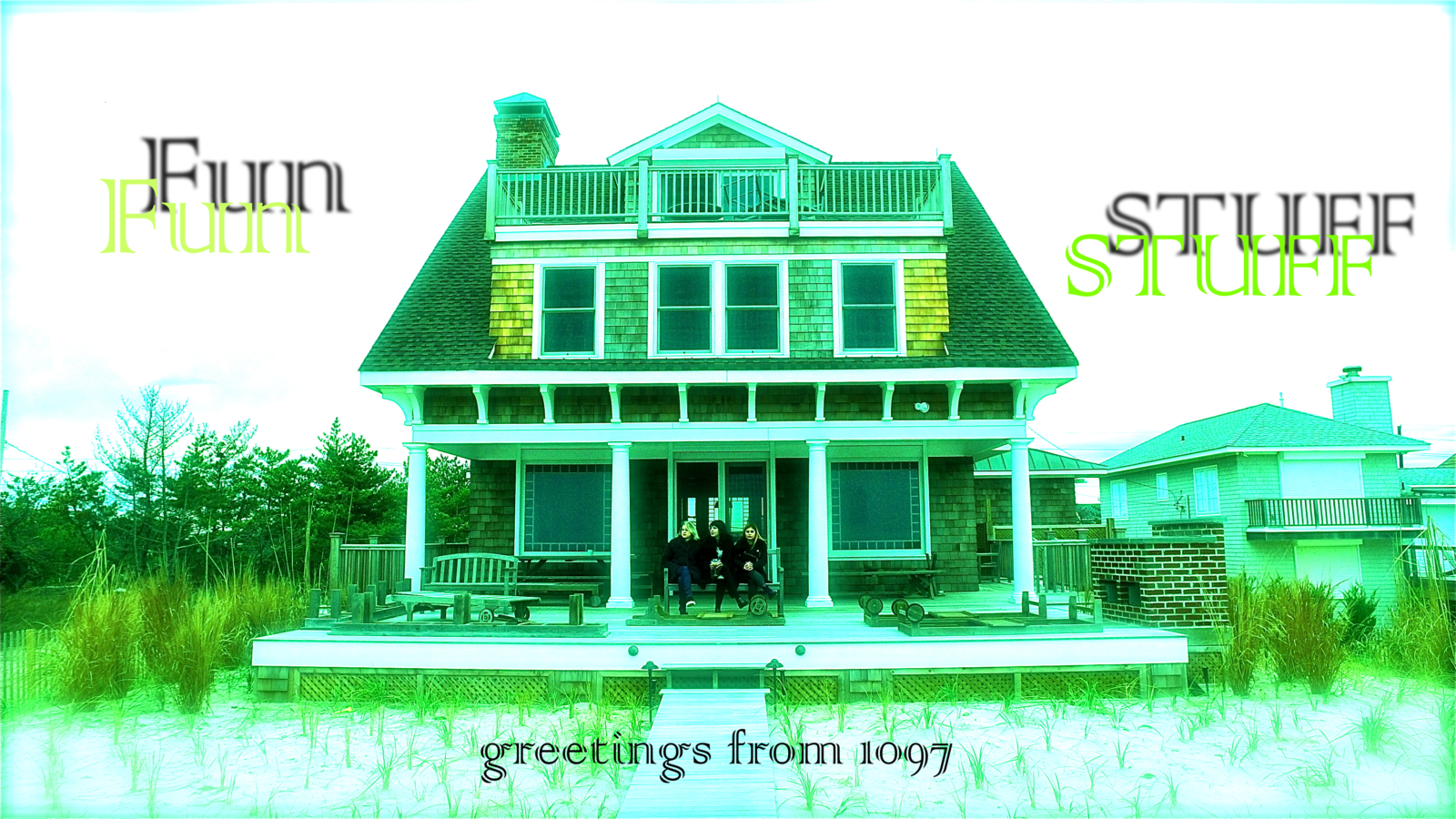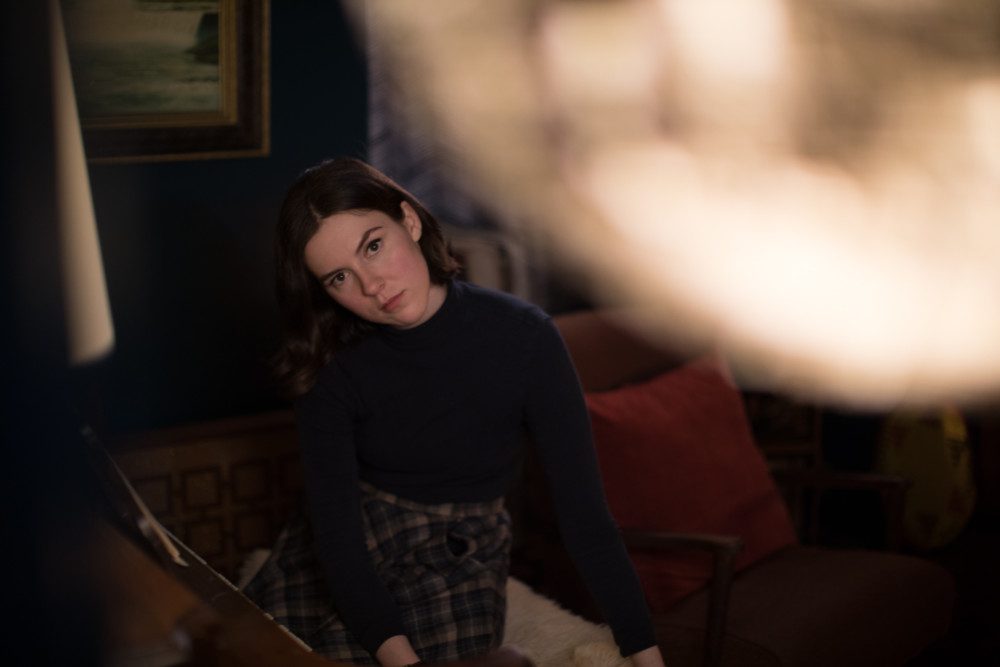Lola Scott Teases 1/4 Life Crisis with a New Video for “I wanted to call her but I’m tragic and she’s overseas (8 months)”
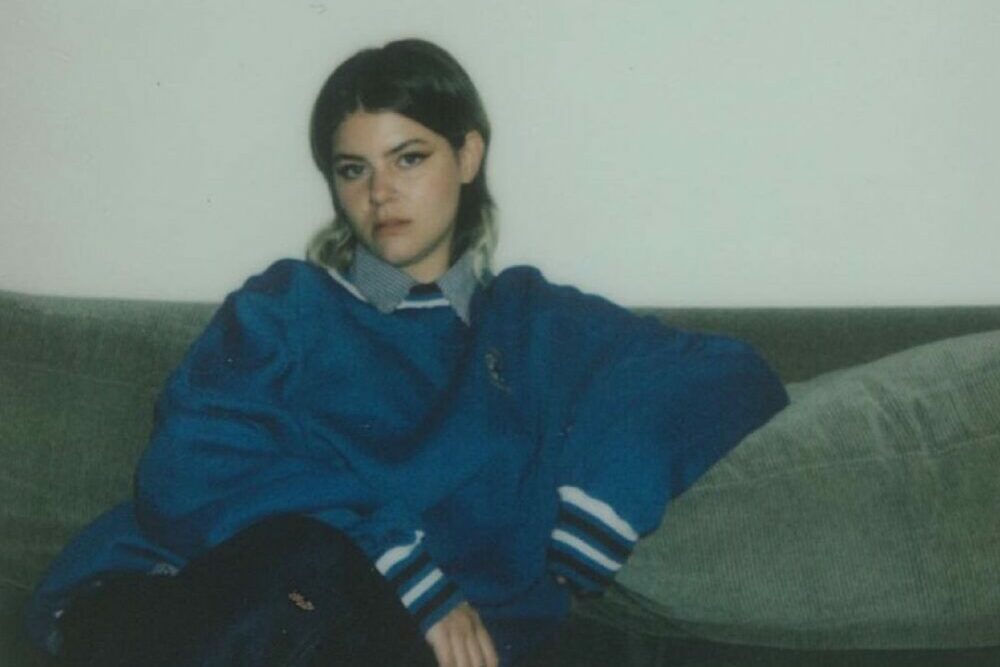
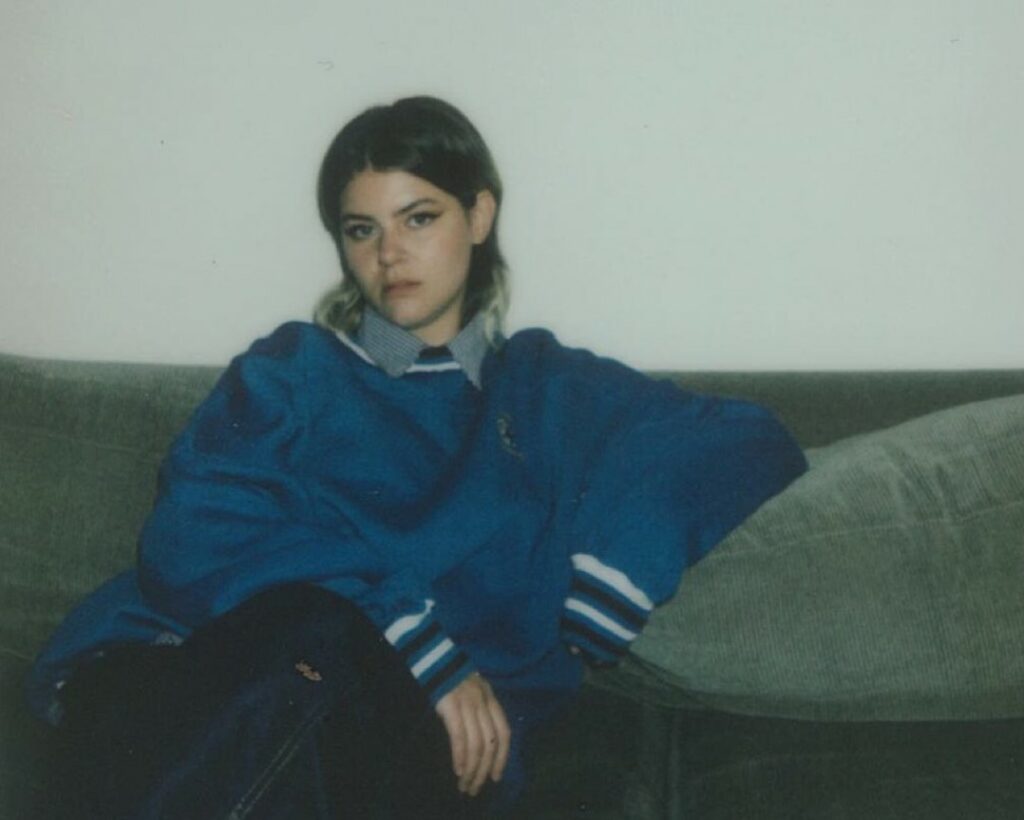
Partying hard, getting evicted, breaking up and starting out on a new solo career – these are the earmarks of a Quarter-life crisis in the making. Sydney-based artist Lola Scott has been through it all, so it makes sense that she’d commemorate her tumultuous twenties by titling her debut EP 1/4 Life Crisis.
The lead single, “The Eviction Song,” is catchy, fresh and resonant. Melodically upbeat and brimming with sarcasm, it is based on a true story: after breaking up with a long-term lover, Scott moved back into a shared house early in 2021, where the non-stop parties and subsequent short-term flings provided ample fodder for lyrics. When the neighbours finally had enough of Scott and her housemates, they were evicted; it was Scott’s sixth move in four years (and she’s had two moves since then). Far from being disheartened, or learning from mistakes, Scott has moved in with several of her housemates from the original party house and their good times continue.
The latest single from the EP, “I wanted to call her but I’m tragic and she’s overseas (8 months),” was written with Scott’s co-producer Oscar Sharah, a founding member of electronic pop project Mel Blue. Scott is debuting the video, directed by Mel Blue band member Lewis Clark, exclusively on Audiofemme.
“It was written from [Sharah’s] perspective about a long-distance relationship, knowing that it’s not going to work but trying anyway,” Scott explains. “The lyrics are us playfully talking about the things that happen in a long-term relationship, like if we make it to payday, I’ll take you to Norway. The video is us driving on opposite sides of the road, like being on opposite sides of the world. We’ve got some cute choreography – we just imagined it while we were writing it. We shot it at 3am, and choreographed it on the spot.”
Before she was a party animal, living the rockstar existence of a 20-something Aussie girl with lots of dreams and little money, Scott was a guitarist. Growing up in the New South Wales highlands, her high school years were spent practicing the instrument, which culminated in a Bachelor’s degree in guitar, working as a session musician immediately post-high school throughout university.
“I was working with 4 or 5 bands, but I quit them all to focus on my solo career,” says Scott. “I’m not sure how I juggled being in that many bands at once, but I guess a lot were collaborations with friends, trying different styles of music. Studying guitar and starting out as a classical guitarist, pop was a dirty word for a while.”
Scott’s love of pop started out thanks to a bargain chair Tasmanian-born fellow musician Asta was selling on Gumtree (like the US version of Craigslist). “She saw that the boot of my car was full of busking equipment. She had just moved to Sydney from Tasmania, so she suggested we should jam and that lead to our collaboration and friendship,” Scott remembers. “Asta asked me to play keyboard. I did piano lessons when I was a lot younger, so I had that background.”
In 2018, immediately out of university, Scott took the creative and professional leap into her own solo career. Her early singles “Crowded Conscience,” “Cyclone Weather,” and “Take Me Back” combined indie rock and synth atmospherics. “Take Me Back” was a radio favourite on youth station Triple J, with its layered harmonies, rock-synth atmosphere and crisp, flawless production. But it was her track “4E Jobless” (or “forever jobless”) that really hit home for many young Australians. In 2020, youth joblessness in Australia rose from 0.9 percent to 15.6 percent, which equates to one in three young people in Australia being unemployed or under-employed. The pandemic has only worsened the situation nationally, especially for creative professionals and youth aspiring to careers in the arts.
“Everyone that studied music ends up in massive debt, but I was brought up in a family that wanted me to finish a degree,” says Scott. “I don’t think [a degree is] something you need to be a great musician. I met most of the people I ended up working with through going out and seeking collaborations.”
Scott wrote “4E Jobless” when she quit her day job. “A lot of musicians work in side hustles before music is your main gig,” she muses. “I would always joke about how it was a retirement plan for me, that music was a hobby. I know different friends would have rules, like if they haven’t made it before 30, they’d get a ‘real job.’ Quitting my day job wasn’t that I was suddenly stable, but I decided to put 100 percent of my time into this because if I don’t do it now, when will I have the choice to put all of my time into it?”
Scott’s approach to sustainability in the music industry is to expand her skill set, and to that end, she’s been working on strengthening her production skills. “I spend a lot of time observing and learning from producers. Joel from Eskimo Joe is a legend and I learned so much from him when we were writing together. I’ve also been hanging out with friends who are producers, and Oscar has taught me a lot. YouTube tutorials are also really great, too.”
Scott produced most of the 1/4 Life Crisis EP together with Sharah. “Often, we’d come into the studio with nothing and work together on guitars. We produced as we recorded, so everything you hear on the EP is the demos; we don’t produce a different track. I always think I can be a minimalist but then I hear all these bendy synths and I love a big chorus that feels like a lot of layers, drone and intense emotion. Whenever I put down one guitar part, we always joke that I can’t help but put down a ‘guitarmony.’ We work by throwing all the ideas in at once, then taking them out one by one.”
Scott’s musical influences take a similar approach – humour, authenticity, and genre-defying musicality define their work. “I’ve been listening to Phoebe Bridgers, I love how she writes lyrics,” Scott enthuses. “I feel like she’s stretching the genre wherever she wants to take it. I also love Caroline Polachek, who does some really interesting things with melody that I haven’t heard in pop music before. The production is insane and I love the concepts that she sings about. One song, called ‘Door,’ is like [sci-fi movie] Inception as a song. I also listen to Rex Orange County and I love everything he does. I grew up listening to The Cranberries’ Dolores O’Riordan – [I was fascinated by] how she flips [the register] from chest-voice to head-voice and I think I mimic that a lot in my music now.”
The lyrical content on 1/4 Life Crisis is intense, and while there’s a comic, sarcastic edge to the delivery, the experience of break-ups, joblessness, eviction and loneliness are sadly relatable.
“I definitely believe that whenever something negative happens, there’s something positive that comes out of it,” Scott says. “I like to write about things [knowing that] it’s painful, but once I’m in a room with friends, talking about it makes it a lot easier to go through those kind of things. If I wrote by myself, it would be a lot sadder. Honestly, when I was writing, I didn’t think about how it would connect. I just wanted to be honest with my own experience.”
Follow Lola Scott on Instagram and Facebook for ongoing updates.

